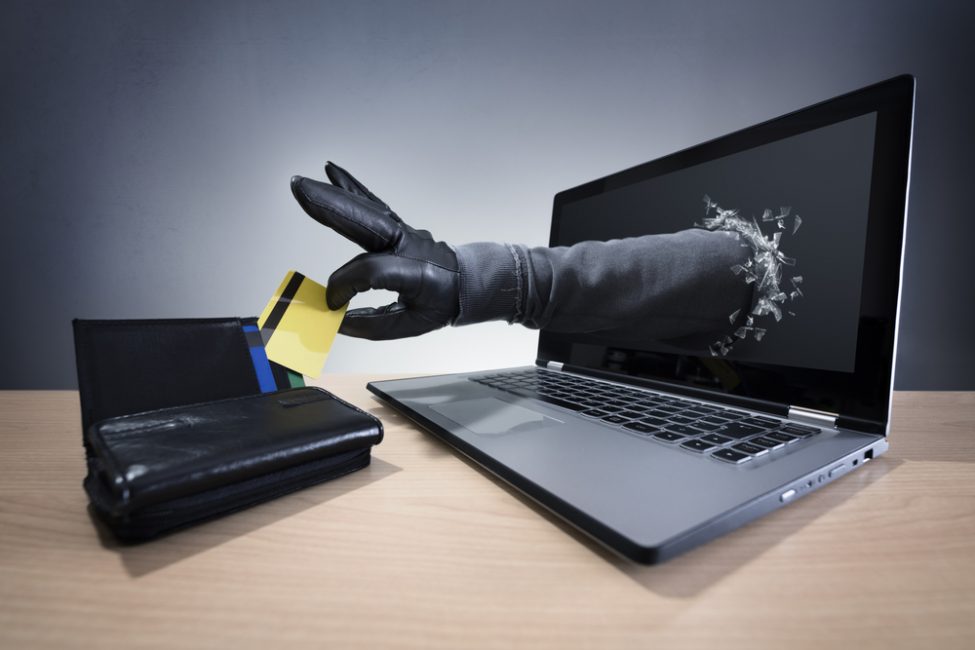Not only can people potentially get sensitive information about you through hacking, but without a single hack, savvy fraudsters can learn more about you through a process known as social engineering. This involves manipulating people into releasing private information about themselves. Given all these changes, the old methods of assessing a person’s creditworthiness and protecting your own credit are becoming less relevant, and technology is shaking things up in the world of credit.
Why It Matters
Good credit is important, whether you have just entered adulthood or you are older, already own your home, and are determined to never borrow money again. When you rent or purchase a home or buy a car, your credit gets scrutinized. If you have friends or family members who have poor credit or no credit record, you can cosign on loans for them. While this might sound risky, keep in mind that there are many innocuous reasons that people may not have sufficient credit to take out a loan. One of the most common is college students who need to take out private student loans. Since they often do not have a credit history at all, they may need a cosigner. This does mean your credit can be affected if the student later misses a payment, but as long as you are signing for a student who is responsible and understands the terms, you should not have anything to worry about. Even applying for a loan is not what it used to be, within online lenders offering a process that is easy and fast.
Big Data and Credit
One reason these online lenders can give you an answer so quickly is the use of big data. What used to be a human process can be automated, and a person’s creditworthiness can be analyzed in a fraction of the time. However, big data also has access to more information about you than banks and other lenders generally did in the past when deciding whether to loan you money. Increasingly, lenders might look at the regularity of such payments as utility bills and even use social networks to assess whether a person is a good risk. This can mean credit is available to more people than it used to be, but for people concerned about what feels like increasing surveillance, this may not be worth the benefits.
Protect Your Credit Online
Some of the major credit reporting agencies have developed tools to help you keep data online from falling into the wrong hands. For example, they can analyze how much information is publicly available about you and what kinds of risks this poses. You can also set up alerts that let you know when your private information is being shared on websites frequented by people who engage in fraud. On top of this, you should use good general online security, such as ensuring that you have up-to-date virus software and that you don’t use public computers or connections to access sensitive data.
This is a Contributor Post. Opinions expressed here are opinions of the Contributor. Influencive does not endorse or review brands mentioned; does not and cannot investigate relationships with brands, products, and people mentioned and is up to the Contributor to disclose. Contributors, amongst other accounts and articles may be professional fee-based.

